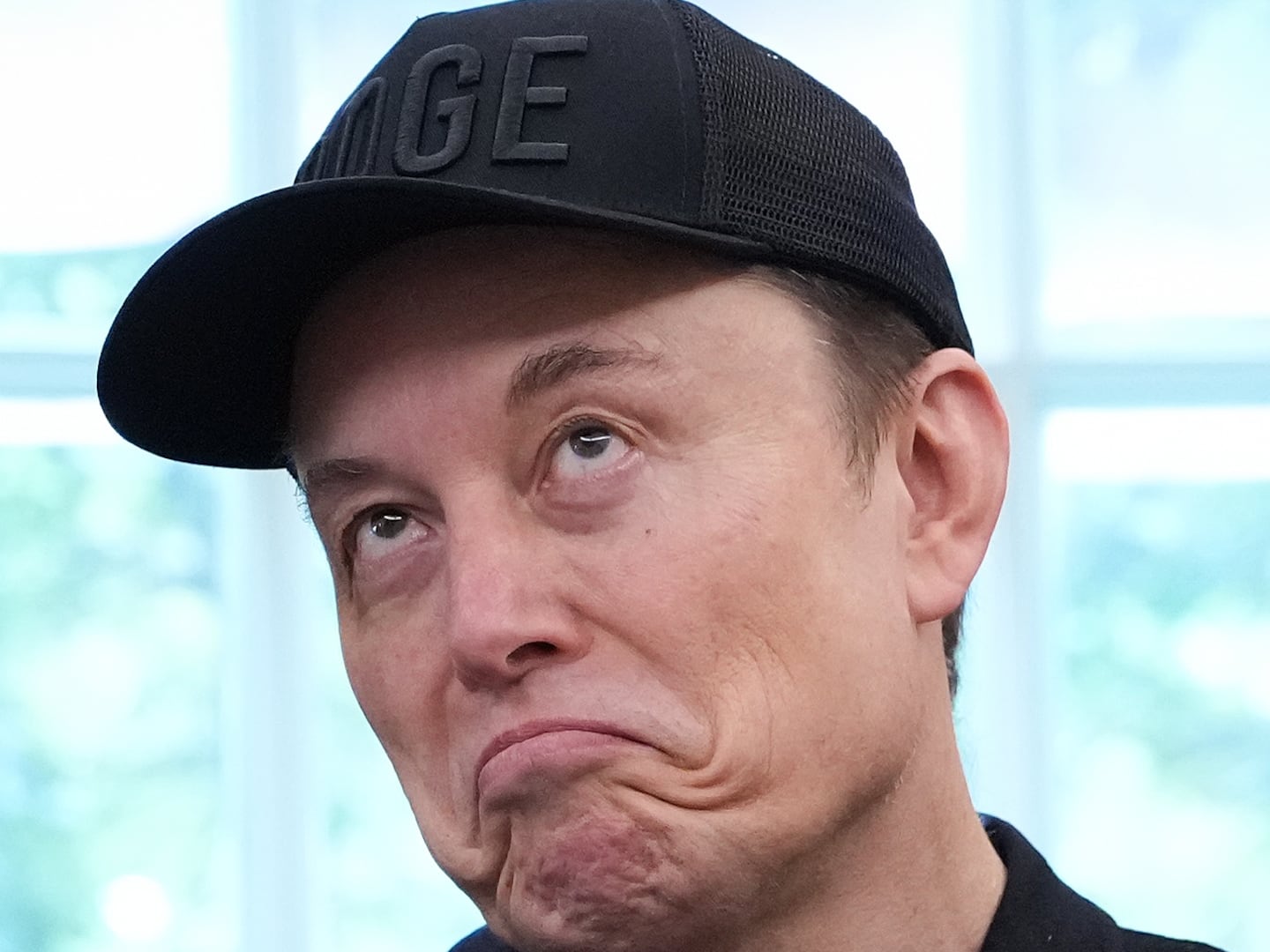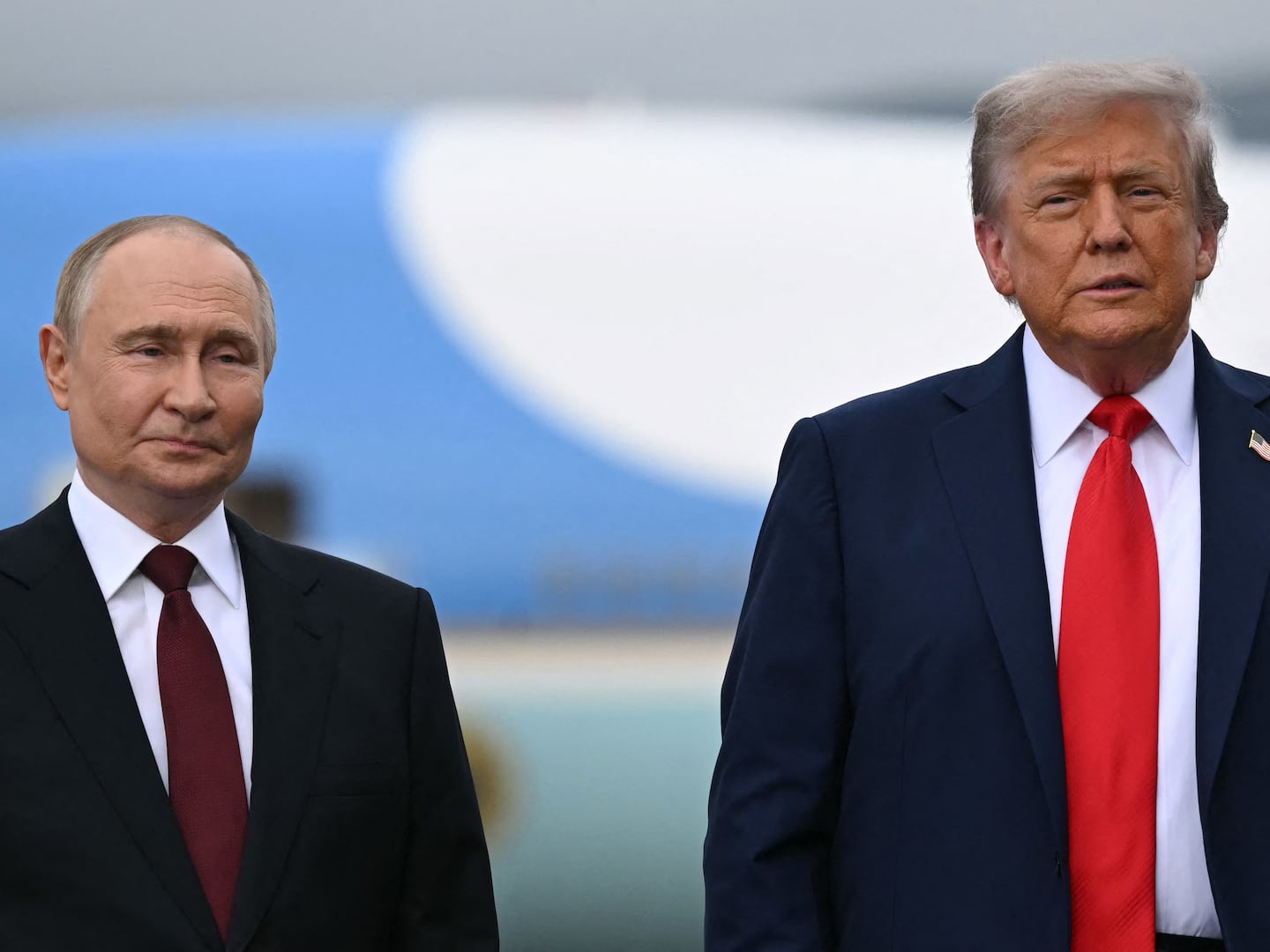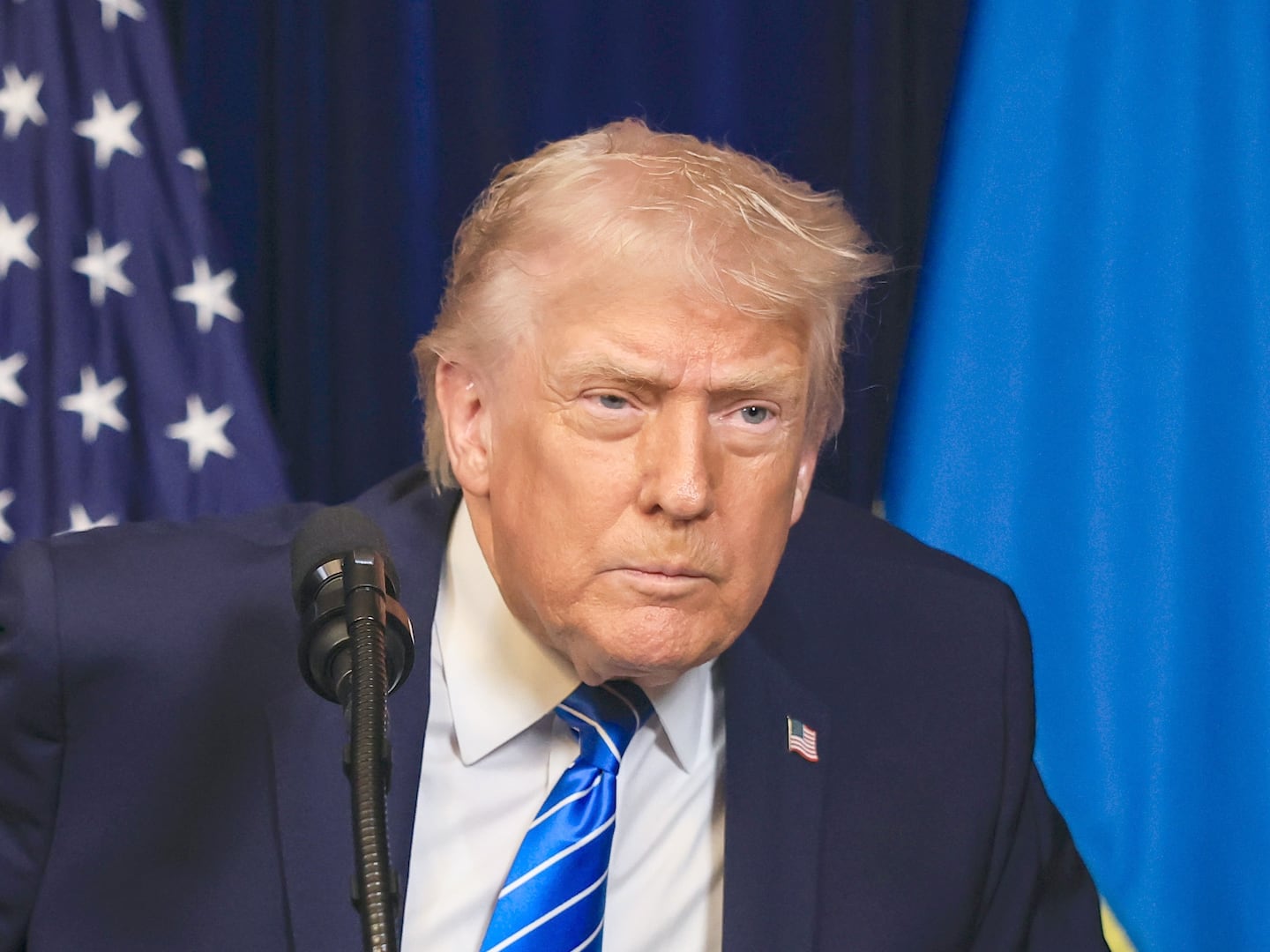Back in April, Russia sent a shipment of medical equipment and supplies to the United States under the guise of “humanitarian aid.”
The shipment was not a gift. Russia billed the American taxpayer $660,000 for 45 ventilators and other medical items at a moment when the full horror of the COVID-19 pandemic had hit U.S. hospitals.
Maria Zakharova, spokeswoman for the Ministry of Foreign Affairs of the Russian Federation, said Americans were footing half the total bill, and the Russian Direct Investment Fund (RDIF) paid for the other half.
Of course it did.
The whole operation was a cynical shell game. The propaganda value was obvious, and most of the ventilators sent by Russia were manufactured by a subsidiary of a company that is currently under U.S. sanctions, so shipping them to the U.S. set a potentially useful precedent for the Kremlin.
Adding possible injury to this insult, the Russian ventilators turned out to be unusable. The Russian-made equipment was sent to the states of New York and New Jersey, but it was incompatible with the American electrical system. U.S. appliances run on 110-volt electricity, whereas Russian equipment is designed to operate on a 220-volt system. After storing the unused ventilators in warehouses, both states returned them to the Federal Emergency Management Agency (FEMA), which originally received the delivery.
The electrical incompatibility might have been a blessing in disguise, since the ventilators of the same make and model have caused fires in at least two Russian hospitals. Kremlin-controlled state media outlet Sputnik resorted to outright lies to try to conceal this deadly embarrassment, falsely claiming that the lethal machines were made in Germany. But the Russian government agency Roszdravnadzor previously acknowledged that the incendiary Aventa-M ventilators were made in Russia by the Urals Instrument-Engineering Plant (UPZ).
FEMA says it is now awaiting “the conclusion of the investigation being conducted by the Russian authorities into the fire in St. Petersburg” which “will help inform our decision regarding any future use of the ventilators.” The Aventa-Ms bought by the United States will most likely never be used, $660,000 of tax dollars down the drain.
Russian President Vladimir Putin’s favor to Americans had been no favor at all, but Trump still wanted to act as if it was, and decided to send 200 made-in-USA ventilators to Russia—machines that may well be needed in American hospitals if, as many scientists expect, there is a second massive wave of the pandemic in the months ahead.
Note that unlike Vladimir Putin’s expensive “gift” to the United States, the U.S. government is donating the ventilators, their start-up components and delivery expenses, at no cost to the Kremlin. American taxpayers will again pony up the bill, to the tune of $4.7 million.
U.S. Secretary of State Mike Pompeo told the Washington Examiner over the weekend that U.S. President Donald J. Trump decided to provide “significant assistance” to Russia and said that the U.S. equipment is already on its way there. Pompeo said, “We’re excited about our ability to try and help them work their way through this virus,” and added: “I have been working with Russia since I was Director of the CIA,” citing mutual cooperation in the fight against terrorism.
Russia is suffering now, at least in part, because Putin—almost as egregiously as Trump in the United States—tried to convince his people and perhaps himself that he was on top of the situation.
Now Putin has instructed Russia’s Ministry of Industry and Trade and the Ministry of Health to ensure that every hospital bed in the medical facilities treating coronavirus patients is equipped with a ventilator. Without specifically mentioning the United States, the Russian president said that such enhanced capabilities would be made possible with the infusion of ventilators that “will soon arrive in Russia from its partners abroad.”
It would be foolish to expect expressions of gratitude from the Kremlin. To the contrary, Vesti Nedeli—the most popular Sunday news show in Russia—devoted much of its program to roasting Donald Trump and the American health care system for the disastrous spread of the coronavirus, and high death rates in the U.S..
Vesti Nedeli described the Oval Office as the “science fiction department,” mocking Trump’s Space Force, his claims about “super-duper missiles” and the alleged development of the coronavirus vaccine “at warp speed.” Vesti Nedeli reporter Valentin Bogdanov sarcastically pointed out that no one had seen “the secret military virologists” developing coronavirus vaccines in the United States, but everyone saw American nurses wearing trash bags in the midst of the COVID-19 epidemic.
The mockery of President Trump continued across various Russian state media programs. Vladimir Soloviev, the host of the state TV show Sunday Evening with Vladimir Soloviev, who is notoriously close to Putin, laughed uncontrollably as he recounted Trump’s claims about the creation of a “super-duper missile” (translated as “super-pooper”). Soloviev aired the modified Independence Day video clip that was showcased on Trump’s Twitter feed and again burst out laughing at the American president’s infantile tactics.
“American statistics are fake,” exclaimed the host of Vesti Nedeli, Dmitry Kiselyov, concluding that the real number of coronavirus deaths in the U.S. is undoubtedly higher than reported. He pondered: “If the United States was the best economy in the history of the world just two months ago, then why is the American health care system producing the worst outcomes in the world? Why is the death toll from the coronavirus in the United States in May expected to be two times higher than the country’s decade-long losses in the Vietnam War? Why are such unprecedented human sacrifices in peacetime considered acceptable? On what kind of morality does Trump intend to ‘build a country’? Who needs that kind of an economy if the human life is so devalued?”
One might note that Russia’s numbers are extremely dubious, despite Kremlin insistence they are “exceptionally precise,” according to several reports by independent Russian media and foreign journalists. “One thing is clear: The number of COVID-19 victims is possibly almost three times higher than the official toll,” Tatiana N. Mikhailova, a senior researcher at the Presidential Academy of National Economy and Public Administration in Moscow, told the New York Times.
Kiselyov praised Russia’s “moral leadership” in the fight against the pandemic and said that by comparison, it puts Western leaders to shame. The Russian state media host proudly boasted that Russia has more ventilators per capita than the United States, which flies directly in the face of Trump’s supposed rationale for giving ventilators away.
Having trashed the Trump administration throughout the program, Vesti Nedeli was nonetheless pleased with the U.S. president in one respect that had nothing to do with the coronavirus or the ventilators gifted to Russia. President Trump received high marks from the Russian propagandists for inventing and touting the so-called “Obamagate” scandal, which they hope will unravel the investigation of Special Counsel Robert Mueller and discredit his findings of Russian interference in U.S. elections. The consequence of such an unlikely outcome could result in sanctions relief for Russia. Indeed, that might be the only kind of highly coveted “aid” that would earn high praise from the Kremlin.







